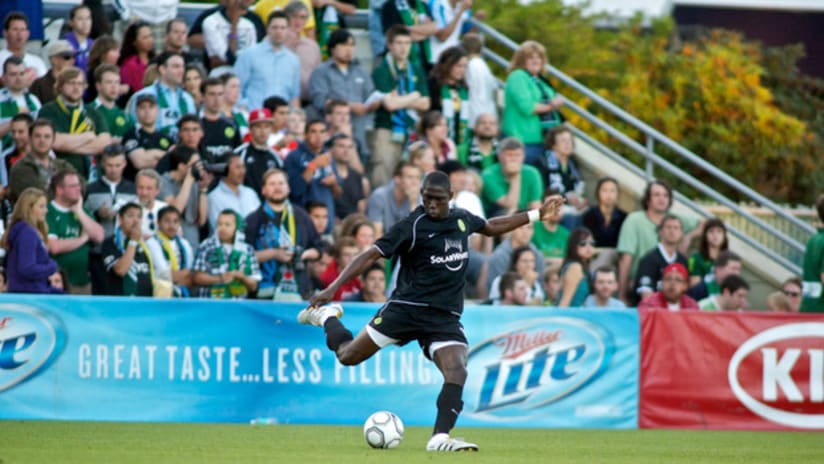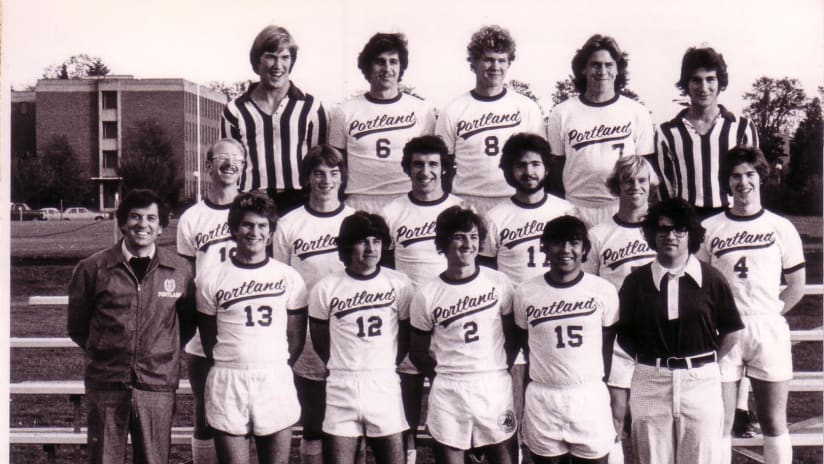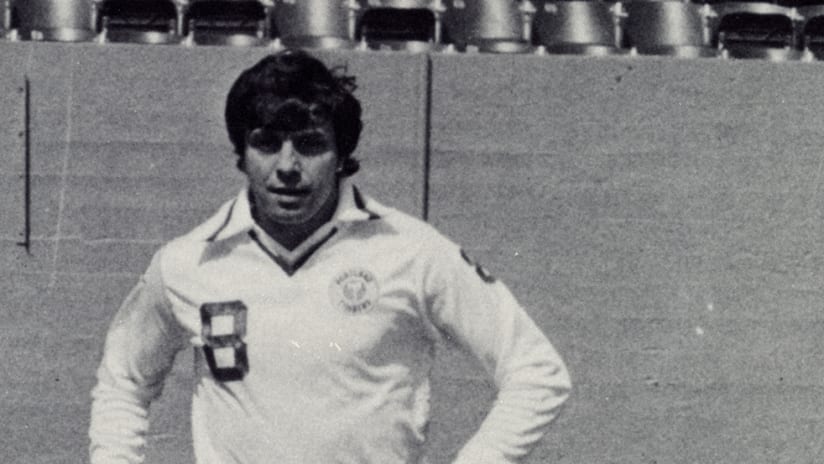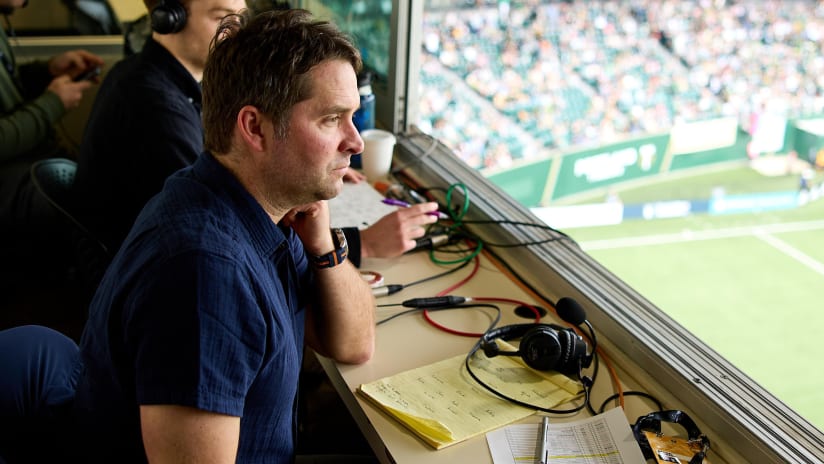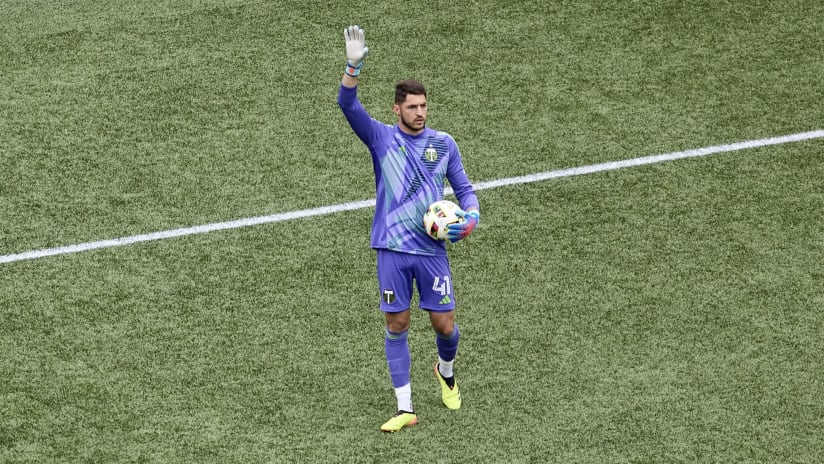PORTLAND, Ore. – Timbers midfielder James Marcelin has conflicting emotions this week.
After signing a new contract with Portland on Dec. 15, the 24-year-old is still happy about staying in the fold with Portland. Yet he is saddened by the fact that for the first time, he will be not be at home in Haiti for Christmas, and will have to settle for a phone call with his mother and sister.
“I want to go [home] so bad,” Marcelin said from his offseason home in Florida. “When I look at Haiti, I don’t want to be hurt, so I don’t want to go back right now.”
Eleven months after the devastating earthquake – which Marcelin endured 10 miles outside Port-au-Prince – the island nation remains potentially unsafe. A cholera epidemic is exacting yet another deadly toll, and last month’s chaotic elections have pushed an angry population to violence.
Plus, in the days following the quake, Marcelin found it difficult to get off the island. He doesn’t want to repeat that experience again.
Marcelin reports that his family is “doing fine.” Still, he is doing everything he can to bring them to the US for a visit. The Timbers sent a letter to the US embassy in Port-au-Prince on behalf of Marcelin, requesting a visa for his family, but the request hasn’t been answered.
Craig Mitchelldyer/Portland Timbers
“The way it used to be was very nice,” Marcelin said. “Every December was a holiday. Now, nobody is going to Haiti.”
In December of 2009, Marcelin agreed to terms with the USSF D-2 Pro League Timbers. No one, however, thought that the announcement would be delayed until February.
The Haiti national team member was at his sister’s home working at the computer on the afternoon of Jan. 12 when the 7.0-magnitude earthquake hit.
“I remember when it happened, there was a big noise,” Marcelin said. “After two or three seconds, then the earthquake started. I just ran.”
Marcelin rushed down as the walls of his house – which somehow suffered minimal damage – shook from side to side and made it safely outside. In the chaotic hours that followed, Marcelin drove his car toward the city and saw first-hand the devastation that had occurred.
“It’s worse when you see it in front of you,” Marcelin said. “You know that you could be one of [the victims] – it’s very scary. For two days, three days, people were still in the street, dying.”
The Timbers lost contact with their new player for more than four days and Marcelin knew he had to get to the US as soon as possible. A friend in Puerto Rico arranged for him to fly out on one of the relief planes. Barred from entering the embassy for days until finally finding an opportunity to show his passport, Marcelin boarded the plane just before it departed.
The Timbers introduced Marcelin at a press conference on Feb. 11. Soon after, the team organized a charity game at the University of Portland to raise money for Haitian relief.
But Marcelin just felt cold – physically and emotionally – in Portland.
“When I came to Portland, it was very difficult for me,” Marcelin said. “Portland is cold. Puerto Rico [where he played previously] felt like home. It was close to Haiti.”
Timbers technical director-general manager Gavin Wilkinson, who coached the Timbers during the 2010 season, recalled that Marcelin had a hard time adjusting.
“I think he had feelings of guilt,” Wilkinson said. “We tried to distract him as much as possible.”
Marcelin started slow, but as the season wore on, he warmed up, became a vital member of the team’s defense, and was driving force in the team’s push to the playoffs.
“I think the more time he spent in Portland, the easier it became for him,” said Wilkinson.
Now, Marcelin is excited to stay in city that sought to comfort him after the catastrophe in Haiti, and looks forward to helping the club succeed in its inaugural MLS season.
“I’m excited to play in MLS. It’s my dream,” he said. “And I’m excited for Portland. The fans there are incredible.”
But that excitement remains tempered, if not drowned, by the heartbreak he feels for Haiti.
“I don’t think Haiti is getting what they need,” he said. “There are still a lot of people sleeping in the streets now. After the quake, every country had a plane for Haiti. Now, even America has stopped. There is nothing.”

